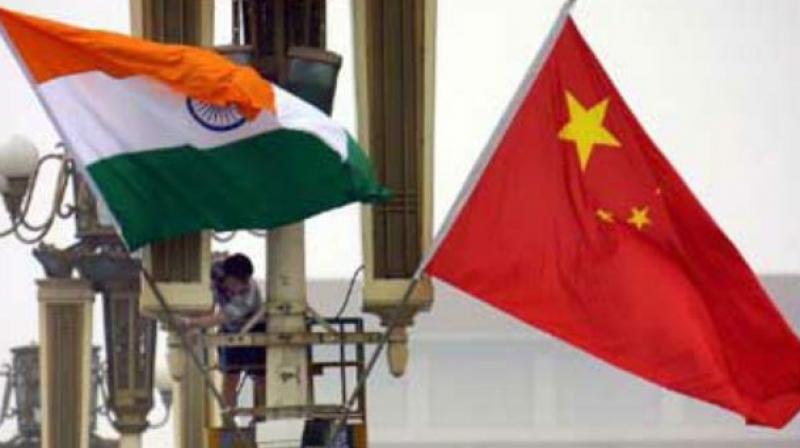India must approve next China Dalai for better ties: Prof Zha Luo
Dalai Lama chosen via procedure rooted in reincarnation belief.

Lhasa (Tibet)/Beijing: Ties between India and China could potentially be affected if New Delhi does not recognise the next Dalai Lama approved by the Chinese government in the future, a senior academici belonging to a government think tank on Tibet affairs in Beijing has said.
Prof. Zha Luo, the director of the Institute of Social and Economic Studies of the China Tibetology Research Centre — the Chinese government think tank that plays a prominent role in formulating Beijing’s Tibet policy — said these “extreme circumstances may not happen” and that it was a “hypothetical” situation.
Prof. Zha also said that if Indian leaders make “frequent visits” to Arunachal Pradesh — which China regards as its part and refers to as “South Tibet” — the “young people” in China would “put pressure” on the Chinese government and that this would also have an “adverse effect” on the India-China relations. “It is better to avoid hotspots”, he added. China has consistently protested against the visit of political leaders in India to Arunachal Pradesh which New Delhi has always regarded as its integral part.
In the provincial Tibetan Capital of Lhasa meanwhile, a senior Chinese government functionary also made it clear that the Chinese Government would play a “leading role” in the identification of the next Dalai Lama.
Historically, the Dalai Lama — regarded for centuries as the supreme Tibetan spiritual leader — has always been chosen through a procedure rooted in the belief of reincarnation. The current Dalai Lama, Tenzin Gyatso, — who is the 14th Dalai Lama — had fled to India in 1959 following a failed revolt in Tibet against Beijing. Based in Dharamsala in Himachal Pradesh ever since, his current health has reportedly been a cause of concern due to his age.
It is due to this that the selection of the next Dalai Lama eventually is being seen as a potential flashpoint between Beijing and the current Dalai Lama’s exiled followers in India who had formed the Tibetan Government-in-exile based out of Dharamsala decades ago. However, India has always recognised Tibet as part of China.
While historically, the person to be the next Dalai Lama has always been chosen as per Tibetan Buddhist religious practices, Prof. Zha in Beijing made it clear that though this was the “first important step”, the “approval of the Chinese government” was the “second important step” in declaring the next Dalai Lama. Prof. Zha, in response to a question, said that in the future when the Chinese Government recognises the next Dalai Lama chosen as per the “legal” practices and if the Indian government “refuses to recognise it, that would affect the Sino-Indian relations” and it could then “develop into a major political difference between them”. He however described it as a “hypothetical answer to a hypothetical question”. In what could be an indicator of Beijing’s concerns, Prof. Zha acknowledged that the practice of “reincarnation” of the Dalai Lama was an “important political issue in Tibet”. Another academician at the Beijing-based CTRC, Xiao Jie, also made it clear that if the current Dalai Lama’s followers i
n India want to find the (next) “true Dalai Lama”, they must first “cooperate” with the Chinese Government.
Speaking to reporters in Lhasa earlier, Wang Neng Sheng, the director-general of the People’s Government Information Office of the Tibet Autonomous Region of China, said the Chinese Goverment would play a “leading role” in the identification of the next Dalai Lama, adding that the “reincarnation would not be decided by the personal will” of the current Dalai Lama.
Lashing out at the current Dalai Lama, Mr. Wang in Lhasa acknowledged that some people in Tibet might still be under the current Dalai Lama’s “influence” but added that these would be those people in Tibet who had “not been able to keep pace with the changes in society”. He also claimed that the (India-based) current Dalai Lama “knows that the Tibetan people will never accept him”.

